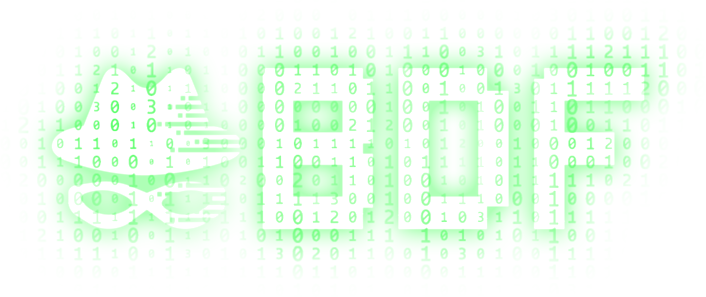- Регистрация
- 21.07.20
- Сообщения
- 40.408
- Реакции
- 1
- Репутация
- 0
An Australian developer has almost completed work on a Cardano (ADA) app that will allow all Shopify stores to transact in ADA tokens and other tokens that run on the Cardano network. The project is being developed voluntarily by Jeronimo Backes who wants to help bring utility to the blockchain.
The independent developer told Cointelegraph that he chose Cardano not only because he is already invested in the network, both financially and emotionally, but because he sees it as the most enterprise-ready blockchain that can scale appropriately, adding:
“Unlike others, this one is the one I think is being built to last. It’s not like Ethereum, EOS, Tron, and others who are still in a proof-of-concept phase in relation to large-scale business use-cases.”
Its code is open-sourced to encourage developer contributions and enable full customization and will enable stores to receive payments in ADA without the need of an intermediary.
Any store owners that wish to use the app will simply need to select it from the range of payment applications available to them, Backes stated. Once installed, users will be sending funds directly to the store’s private wallets. No one else will see the payments, he said.
Shopify stores can already transact in cryptocurrencies like Bitcoin (BTC), Ether (ETH), Bitcoin Cash (BCH), Litecoin (LTC), and Dash (DASH), however the transactions are still facilitated by intermediaries such as Coinbase Commerce, BitPay, GoCoin and CoinPayments.
Last month, Backes hit a problem with Cardano’s BIP 44 protocol, resulting in having to develop a brand new wallet from scratch, pushing development back at least two months. “Essentially,” Backes explained, “The problem lies with addresses requiring a small amount of ‘dust’ in order to be seen as active by the network.” This problem could be classed as critical since, if not resolved, it will result in stores not seeing certain transactions entirely.
The new wallet will eventually support plugins, adding extra functionality such as automatically calculating and separating taxes from the main pool of funds held in it.
In light of having to develop his own wallet, the Cardano and Shopify integration will hopefully be released by the end of the year.
Backes has submitted a proposal to Cardano’s Project Catalyst, which could receive a portion of the $200,000 Treasury fund marked for the winning proposals.
The independent developer told Cointelegraph that he chose Cardano not only because he is already invested in the network, both financially and emotionally, but because he sees it as the most enterprise-ready blockchain that can scale appropriately, adding:
“Unlike others, this one is the one I think is being built to last. It’s not like Ethereum, EOS, Tron, and others who are still in a proof-of-concept phase in relation to large-scale business use-cases.”
Its code is open-sourced to encourage developer contributions and enable full customization and will enable stores to receive payments in ADA without the need of an intermediary.
Any store owners that wish to use the app will simply need to select it from the range of payment applications available to them, Backes stated. Once installed, users will be sending funds directly to the store’s private wallets. No one else will see the payments, he said.
Shopify stores can already transact in cryptocurrencies like Bitcoin (BTC), Ether (ETH), Bitcoin Cash (BCH), Litecoin (LTC), and Dash (DASH), however the transactions are still facilitated by intermediaries such as Coinbase Commerce, BitPay, GoCoin and CoinPayments.
Last month, Backes hit a problem with Cardano’s BIP 44 protocol, resulting in having to develop a brand new wallet from scratch, pushing development back at least two months. “Essentially,” Backes explained, “The problem lies with addresses requiring a small amount of ‘dust’ in order to be seen as active by the network.” This problem could be classed as critical since, if not resolved, it will result in stores not seeing certain transactions entirely.
The new wallet will eventually support plugins, adding extra functionality such as automatically calculating and separating taxes from the main pool of funds held in it.
In light of having to develop his own wallet, the Cardano and Shopify integration will hopefully be released by the end of the year.
Backes has submitted a proposal to Cardano’s Project Catalyst, which could receive a portion of the $200,000 Treasury fund marked for the winning proposals.

